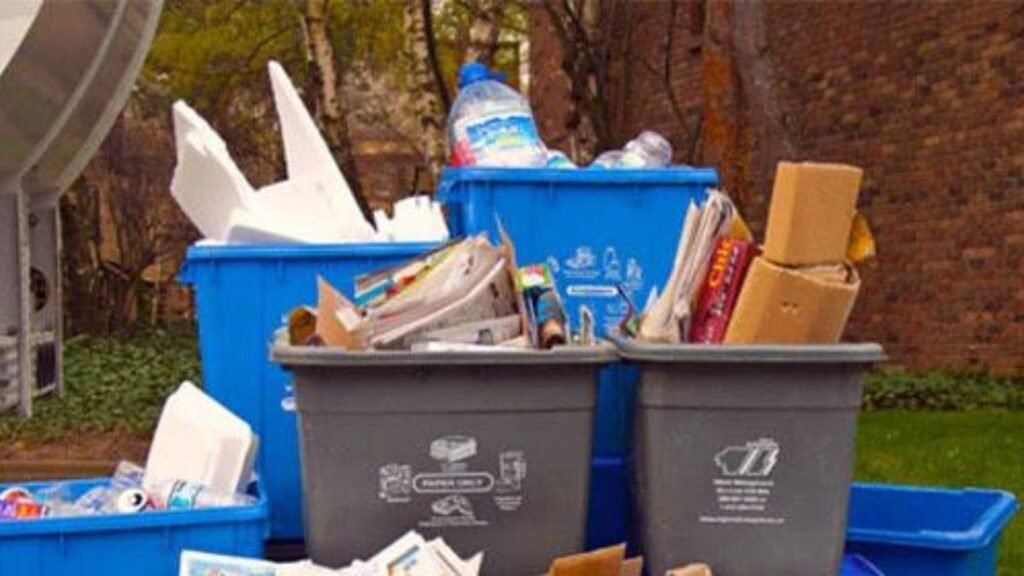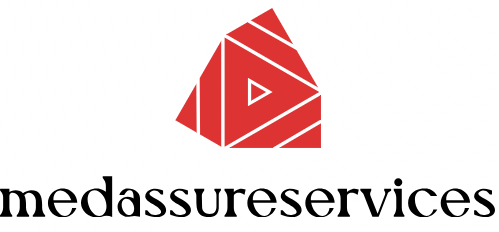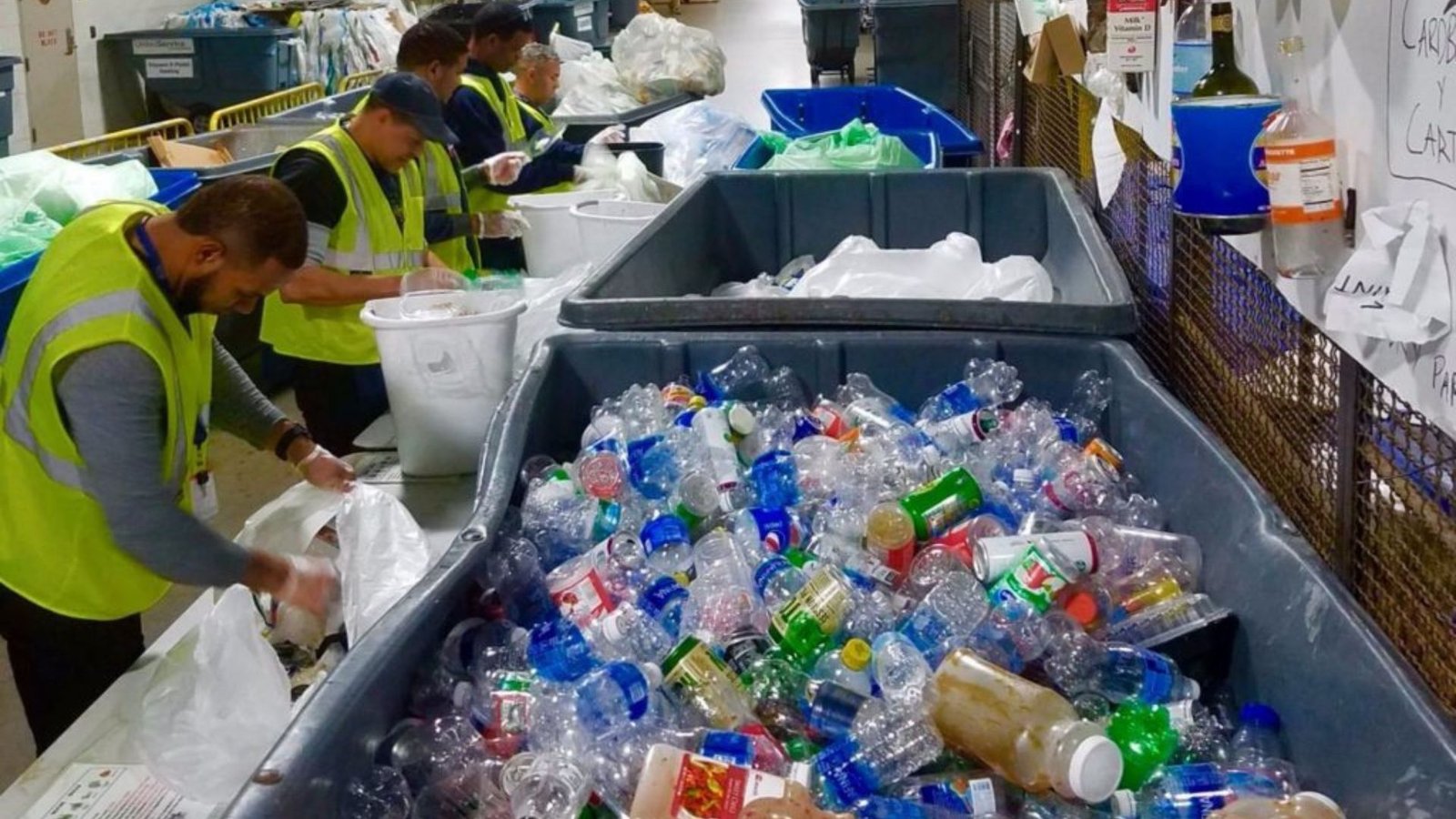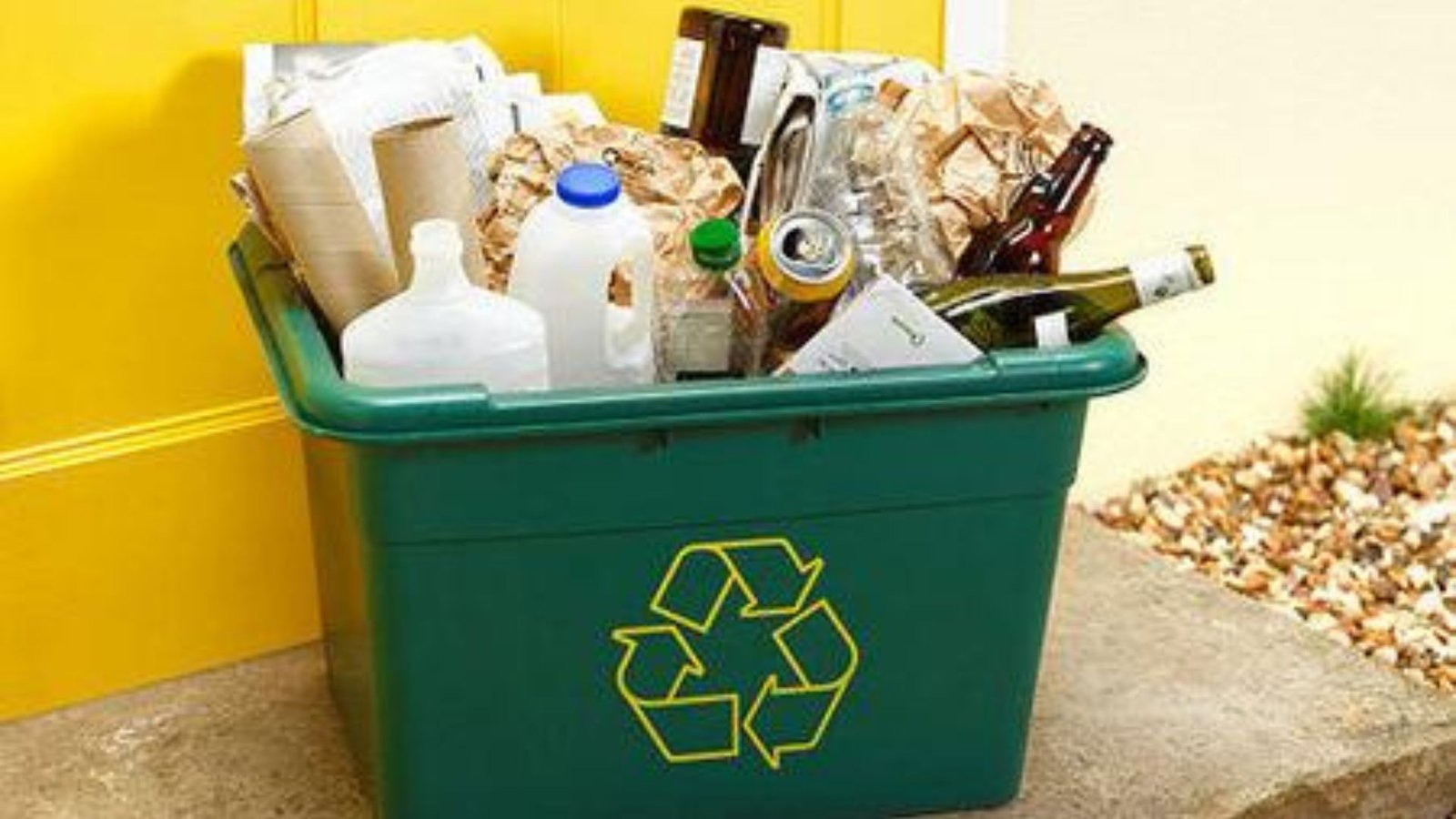In today’s world, sustainable business practices are more important than ever. Proper waste disposal not only minimizes environmental impact but also improves a company’s reputation and can lead to cost savings. Here are some effective tips for implementing sustainable waste disposal practices in your business.

Start by understanding your current waste management practices. Conducting a waste audit will help identify what materials are being disposed of and where improvements can be made.
1. Conduct a Waste Audit
- Track Waste Types: Monitor what types of waste your business generates—paper, plastics, food scraps, etc.
- Assess Volume: Measure how much waste is produced over a specific period to establish a baseline.
This information will guide you in developing strategies to reduce waste effectively.
2. Implement the 3Rs: Reduce, Reuse, Recycle
Adopting the principles of Reduce, Reuse, and Recycle is crucial for sustainable waste disposal.
- Reduce: Look for ways to minimize waste at the source. This can include digitizing documents to reduce paper use and optimizing inventory to prevent over-ordering.
- Reuse: Encourage employees to find new uses for items rather than discarding them. For example, old office supplies can be donated or repurposed for other projects.
- Recycle: Set up clearly labeled recycling bins throughout your facility to make it easy for employees to recycle materials like paper, cardboard, and plastics.
3. Choose Sustainable Suppliers
Partnering with suppliers who prioritize sustainability can have a significant impact on your waste disposal practices.
- Eco-Friendly Products: Source materials that are biodegradable or recyclable.
- Minimal Packaging: Work with suppliers that use minimal or reusable packaging to reduce waste at the receiving end.
This not only supports your sustainability goals but also encourages your suppliers to adopt eco-friendly practices.
4. Educate Employees
Employee engagement is vital for successful waste disposal initiatives. Provide training and resources to help your team understand the importance of sustainable practices.
- Workshops: Organize workshops on waste reduction, recycling, and composting.
- Regular Updates: Share information on your waste disposal efforts and progress to keep sustainability top-of-mind.
When employees feel informed and involved, they are more likely to adopt sustainable practices in their daily routines.
5. Establish a Composting Program
If your business generates food waste, consider starting a composting program. Composting not only reduces waste but also produces nutrient-rich material for landscaping or gardening.
- Set Up Bins: Provide clearly labeled composting bins for food scraps and organic materials in break rooms and kitchens.
- Partner with Local Farms: Collaborate with local farms or community gardens that can use the compost.
This initiative can enhance your business’s sustainability efforts and promote community engagement.
6. Monitor and Measure Progress
Regularly track the effectiveness of your waste disposal strategies to identify areas for improvement.
- Set Goals: Establish measurable goals for waste reduction, such as reducing overall waste by a specific percentage within a year.
- Review Performance: Conduct regular assessments to see if you’re meeting your waste reduction goals and adjust strategies as needed.
By monitoring your progress, you can continually improve your waste disposal practices.
7. Use Technology for Waste Management
Leverage technology to enhance your waste management practices.
- Waste Management Software: Use software that tracks waste generation and disposal patterns, providing insights into areas for improvement.
- Smart Bins: Consider investing in smart waste bins that can monitor fill levels and optimize collection routes, reducing the frequency of pickups.
Technology can streamline your waste disposal processes and improve overall efficiency.
Conclusion
Implementing sustainable waste disposal practices is not only beneficial for the environment but also enhances your business’s reputation and operational efficiency. By conducting waste audits, adopting the 3Rs, educating employees, and using technology, your business can significantly reduce its waste footprint. Embracing these practices will lead to a more sustainable future for your business and the community at large. Start today and make a positive impact!




